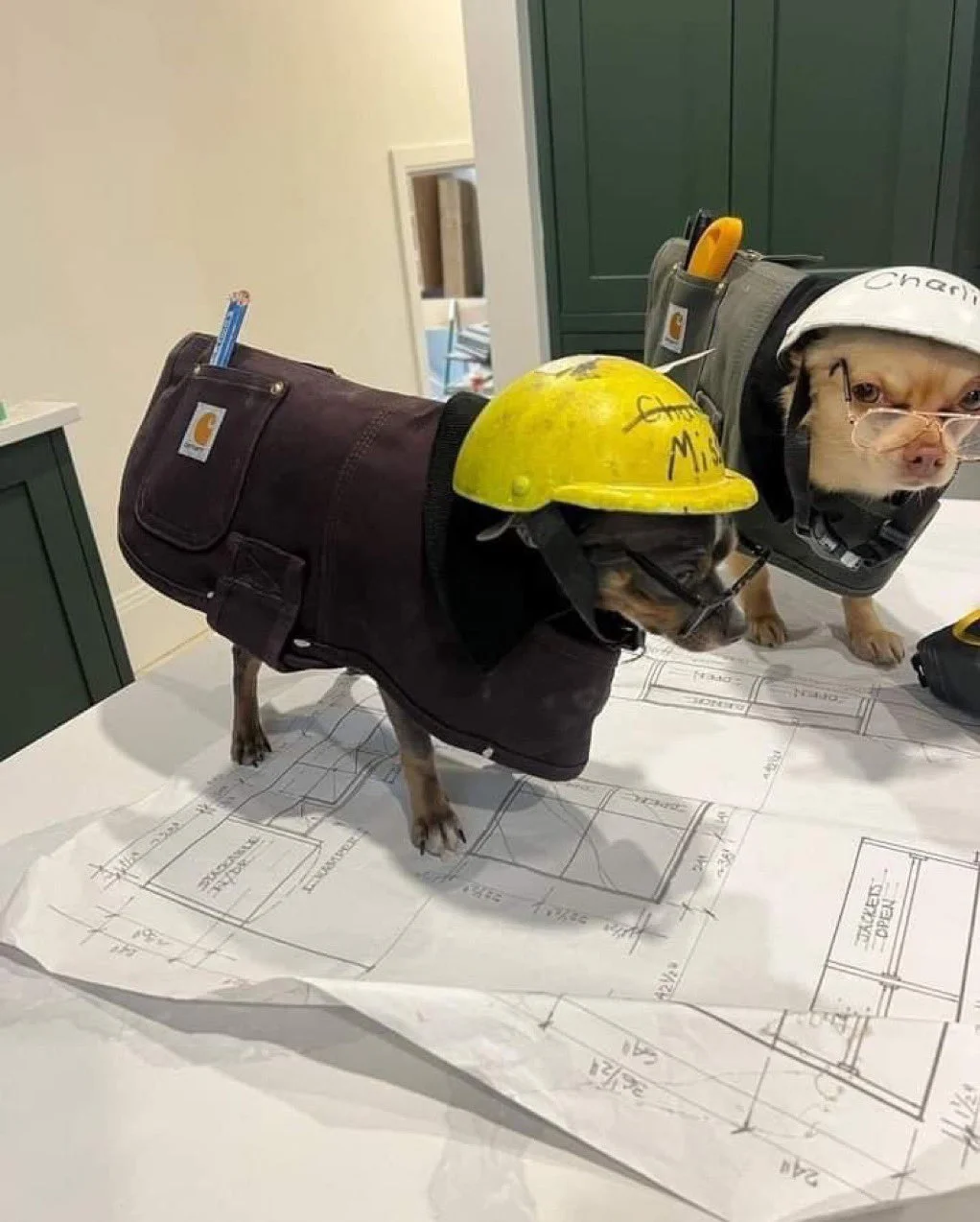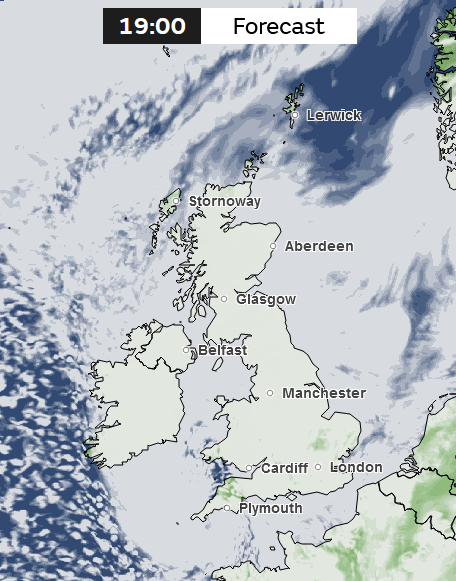here you go:

more can be found like this, @chichi__charlie in any good web browser
here you go:

more can be found like this, @chichi__charlie in any good web browser
aww it’s like hardstyle shuffle rave phat pants!


ok, here’s the context. (click here)
the source of this file, regrettably, is the daily mail. broken clocks and all that. i will link the “article” that the video file was from, but you will need a hazmat suit going in, for both the cookies/trackers and low quality writing
here’s that source now. (click here)
for posters below saying they couldn’t find this, i understand it. we all get different search results, it’s possible you all got hugboxed and were unable to find the clip as a result
also, i don’t care to discuss the topic, i only wanted to link the source, because you were all struggling with it. i like finding sources :)
have a nice day 🥰
why would future humans bother bringing all these people back
i think it’s worth reminding why doctors treat people now, in this time and space. they do it mostly because they want to save people. maybe a few do it for money, but past a certain point, the money isn’t why you do it. i think it’s a safe bet that doctors of a future would see these corpses as patients, and act accordingly. an analogy - think how we see heart attack victims as patients, and not how our medieval ancestors would have seen them (as corpses)
…literally nothing positive to contribute to the utopian future…
true, but, a good chunk of patients in hopsital today have nothing to contribute to society, and cannot contribute any more, whatsoever. we treat them anyway, because that’s what we do. humans have consistently cared for others that are sick and have “nothing to contribute” throughout history, and that shows no sign of going away anytime soon
nice video, i’m glad i watched through the whole thing. it’s good to understand the perspective
i have a lot of major hangups with the concept, and i don’t see myself aligning anywhere close to these ideas anytime soon, but i think it’s positive to be shown the principles of anarchy from someone who believes them, rather than a strawman version of anarchy by someone who does not
thank you for posting :)

i’ll be honest, unless you’re at the west coast of ireland, probably give this one a miss. :(


i mean, i really dont want to be that poster, but he’s not being arrested for blocking with a scooter, he’s being arrested for protesting
there’s a separate discussion to be had about arresting protesters, but the way they’re trying to spin this as “they oppressed a disabled person for being disabled” is honestly insulting to the agency of disabled people that choose to protest, and whom accept the risk of consequences for doing so
in my mind, you can’t be both trying to normalize disability, and then also weaponizing it when it suits you for an opinion piece after being arrested. in particular, i take offense to the line in the article: “Now prosecuting disabled people to (sic) acting ‘socially responsibly’”, as if that’s magically a step too far?
a “fairer” title here would have been something like “activist prosecuted for deftly showcasing how climate risks disproportionately affect disabled people”. although, it wouldn’t have been as attention grabby, and so none of us would be reading it…


yep, you’re entirely right. for your area, it’s more effective to run wells for each person. the frustrating part being that, it implies that the city has been designed so, so badly, that individuals can’t actually share resources, without the per capita price going up if they do so.
even without depopulation, that’s a huge governmental failure. if individuals are having to run all their own utility setups and infrastructure, is that even a “city”? it sounds more like rural living but it’s all vaguely connected. presumably as a result of this low density, you have higher ongoing costs elsewhere? i.e commutes to work, cost of food, etc
if not, then it could be one of those taxpayer-subsidised things, where it feels cheaper for each resident, but the reality is that someone else is paying for it. i’m not good at wording what i mean in this case, but i will pass you to this video (https://www.youtube.com/watch?v=7Nw6qyyrTeI) to show it instead, he does a better job of explaining what i’m talking about
anyhow… that’s crazy! it’s entirely the thing i’m worried about seeing replicated large scale as a result of a reduction in population


i do get where you’re coming from, population density was less than it was. as a consequence, people had less access to resources. i would argue as a result of this, they also had less quality of life. the reason that urbanization has been a trend over the past 150 years that shows no sign of stopping, is because population urbanization is a multiplier on the effectiveness of quality of life, because it makes the cost to maintain higher quality of life cheaper per unit of life.1
for example, yes, you can supply a neighbourhood with individual wells, granted. but surely it would be cheaper for your community to build one massive well, and then everyone in the neighbourhood can collect the water at the well? the community could all pay their share to maintain the well, and then the per unit cost of the well would be cheaper to build and maintain.
whilst you’re at it, since there’s only one well, you can put in a really fancy pump and purifier system. a really high quality rig, with low cost to run. that way, you only need to maintain 1 efficient pump and purifier, rather than 20 or 30 less efficient ones that would cost more fuel to run as an aggregate. the unit cost per person of the pump and purifier setup would be cheaper to run and maintain.
if you wanna go really bougie, you could all chip in to collectively install pipes to every house so that your local community doesn’t have to walk to the well. if you build slightly more pipes than you need, this would act as insurance so that if one pipe breaks, you don’t all lose supply, and the water could flow round… other pipes… and… …wait this just sounds like a municipal supply but with extra steps…
i know i’m being facetious, but the reality is that it is just not measurably cheaper to live out in isolated pockets, through supplying individual infrastructure on a per person basis.2 economies of scale dictates this relationship.3 it’s inescapable.4. it’s inevitable.5 by all means, if it’s the only option someone has to provide utilities for themself, they should use it. but let’s not pretend that it’s more expensive to group up, live closer, and share the cost burden through communal resources.
i will trust you are aware of “economies of scale”, but i have linked a video here for those who are not aware, and also don’t want to read papers like a total nerd. ☝️🤓
[1]. (??? what would the units for quality of life per capita be i wonder? joy/kg? lol)
[2]. “The results indicate that cost savings can be achieved by increases in the scale of production…”, from “Productivity growth, economies of scale and scope in the water and sewerage industry: The Chilean case”, by Molinos-Senante and Maziotis, accessible at https://www.ncbi.nlm.nih.gov/pmc/articles/PMC8162666/
[3]. “…more spread out settlement (“Dispersion”) leads to diseconomies in distribution…”, from “Economies of scale, distribution costs and density effects in urban water supply: a spatial analysis of the role of infrastructure in urban agglomeration”, by Hugh B., accessible at https://etheses.lse.ac.uk/285/
[4]. “…agglomeration economies make firms and workers more productive in dense urban environments than in other locations.”, from “The economics of urban density”, by Duranton and Pupa, accssible at https://diegopuga.org/research.html#density
[5]. “Econometric analysis of the data from the Big Mac price survey revealed a significant positive effect of being in a rural area on the increase in prices.”, from “Identifying the size and geographic scope of short-term rural cost-of-living increases in the United States”, by Díaz-Dapena, Loveridge & Paredes, accessible at “https://link.springer.com/article/10.1007/s00168-023-01244-z”


sure, i’ll try to explain briefly
“infrastructure”, i.e utilities, transport, bureacracy etc is built to support a fixed population within a city. when the population increases, you have to build more infrastructure to support this new population. this part is easy, you expand your cities at their edges, extend the utilities, and set up satellite bureacracy offices if needed
the tricky part is when you lose population. the correct move would be to demolish this infrastructure and scale back. trouble is, not only would this be wasteful, but it would also leave gaps in cities, since population decline doesn’t happen uniformly from a city edge. where exactly, do you demolish the infrastructure?
it would be nice if we live in a theoretical world where, as population decreases, the cities magically shrink at their edges, and suburban residents move closer in to fill the gaps. this is not how populations deplete from an area though (example: detroit, 1950 - 2020)
you will struggle to convince a suburban homeowner at the edge, to sell up and move to one of the gaps left behind by population loss. if we stop short of rewriting laws to force this population transfer, the end result is that you are left with a “swiss cheese” city. houses and settlements will be spread so thinly that becomes impossible for city goverments to provide “infrastructure” without providing it at a loss. your local goverment will then take debt and bankrupt, the infrastructure will collapse through lack of maintenance, and then the remaining population suffers big time
i want to note that i am not using this as an argument to support population growth. i am only stating the big, big problem that needs to be tackled somehow, concerning population loss. some big-brains are going to have to work this problem through, fast!
side note: interestingly, most NA cities are spread out and sprawled so much that they are suffering unaffordable infrastructure bills already, despite not suffering the effects of population loss. goodness knows how these places will fare when population loss actually hits…


japan should takes notes from vietnam, which is following the path to this outcome, but for different reasons. taken from vietcetera:
In the Nguyễn Dynasty (1802 - 1945), people with great merit to the royal family were awarded by being given the national family name. They would have the same surname as that of the royal family members.
apparently the royal family handed this name out a bit too freely, the end result is that 40% of the population now uses one surname.



this was a really good read, thank you for sharing


deleted by creator


if you mean this literally? then until the 28th of january, 2025
and before some of you pipe up and say “nuh uh, by convention elections are held on thursdays/held in summer/held whenever”, like, when has this government cared about convention 😅
the conservatives have zero reason to call it early. dont be surprised if it goes all the way to the legal limit


my headcanon on this is delayed leap-day bugs from february 29th, only showing up just now


i remember playing pokerstars vr like 5 years ago. i learnt after a few days to pick a neutral avatar and mute mic. it stopped being fun real quick after that, because it ended up effectively as a 3d simulator of regular pokerstars.
haven’t really done multiplayer vr since 😅


it’s the same type of non-performative speech you see when any company says “we value our customer’s complaints”, or “we work hard to have a diverse and inclusive team”, as if by merely saying these things that it magically becomes true
ah but meta has cracked it this time; if they just say “we never sell your info” that means they don’t, right?
yeah it’s pretty messy
there was an original condition called “autism” which referred to the stereotypical, ““low functioning”” case where someone has intellectual disabilities and the rest
then a ““high functioning”” variant was labelled, where the intellectual disability was missing, called “asperger’s syndrome”
then more and more inbetween cases started being labelled like rett syndrome, CDD, PDD-NOS, and so they had to say “fuck it, it’s all “autism spectrum disorder” now”
over time, “autism” has become shorthand for ASD. to avoid confusion, the OG autism sometimes gets described as “classic autism”
honestly it’s all a big mess


i wanted to add my personal experience, as someone who tried kbin and then ended up on lemmy
when learning about fediverse, i was first introduced to kbin. i assumed that kbin was a close match to reddit, and this was why i was being introduced to it. turns out, nope! it also has some microblogging thing? active people? boost vs favourites? i was bamboozled to say the least.
i’m sure the dual-purpose threads + microblogging is good for some, but i’m really, really not into twitter. and i also found it to be confusing when i was tagged in something as to whether i was reading a thread, or a microblog. i.e, kbin wasn’t a good fit. then i discovered most of the actual content i was reading on kbin was being posted from some “lemmy” service? i clicked to find out more and… yeah, i made the switch pretty quickly.
basically, not all of us went back to reddit. i can’t speak for all former reddit users, but one of the detracting points for kbin was the mixed purpose. like, for example, if i was to list places like facebook, twitter, instagram, even mastodon - these are all “people” focused places. you post about people, and the focus is more skewed towards following individual people and trends. if i was to list places like reddit, hackernews, something awful, even… 4chan… - these are “things” focused places. you post about things, and the focus is on following things. lemmy is firmly in the “things” camp, whereas kbin is trying to be both “people” and “things” at once, and so it just wasn’t for me. 🙂
n = 40, this is junk. they couldn’t even get 100 people for this?
these were all sampled from 1 company in amsterdam. the differences could be explained by company culture, or local culture, or whatever. more work needed.